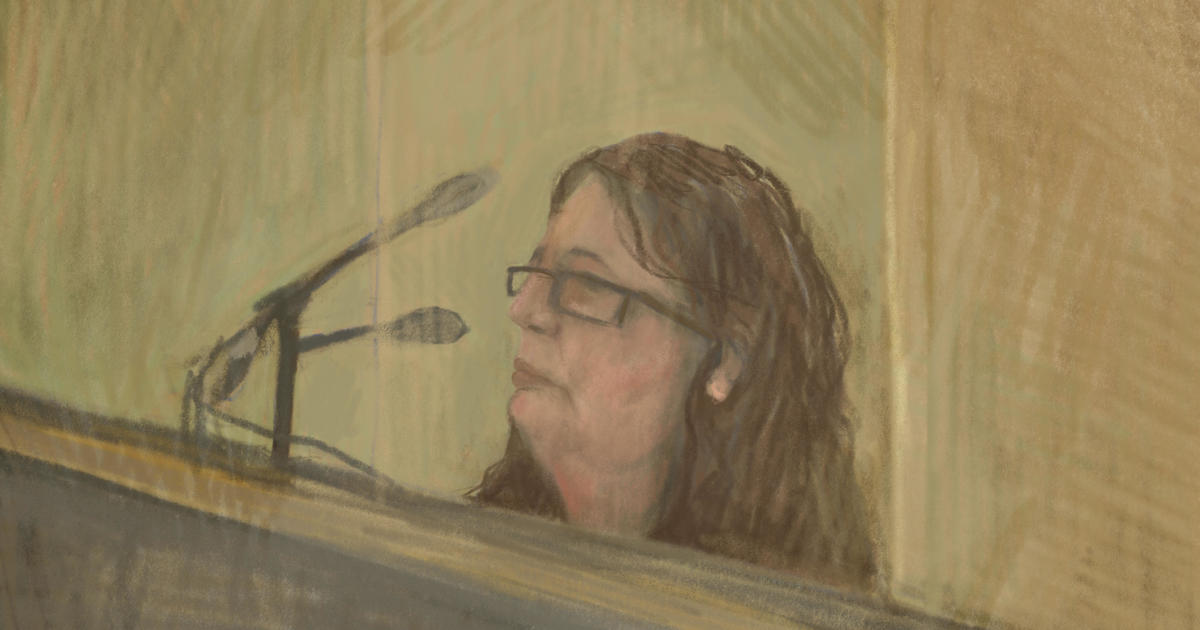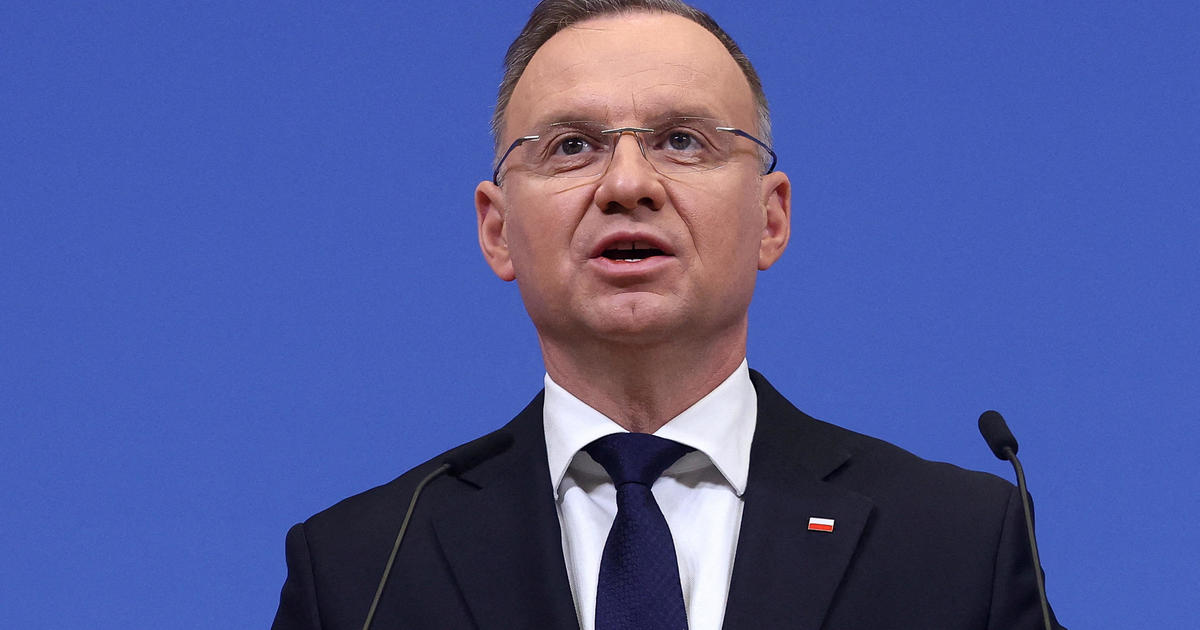Russia officially declares Alexey Navalny's movement, the biggest opposition force, an "extremist" group
Moscow — A court in the Russian capital has granted government prosecutors' their wish, formally designating the anti-corruption and political movement led by jailed Kremlin critic Alexey Navalny an extremist entity. It was likely the fatal blow for what has become the most resilient opposition force in Russian politics over the past decade.
The court handed down its decision on Wednesday after a 12-hour closed-door hearing, essentially putting Navalny's Anti-Corruption Foundation (FBK) and an associated network of regional offices in the same category as ISIS and the Taliban in the eyes of the Russian government.
"When corruption is the foundation of the state, those who fight it become extremist," a message posted to Navalny's channel on the telegram social media app said in response to the decision. "Who cares what we are called? We are not a name, not a piece of paper or an office. We are a group of people who unite and organize those who are against corruption, and support fair courts and equality of all before the law. There are millions of us. You are us. As long as you are, we are not going anywhere."
On Thursday, FBK posted the results of its investigation into Navalny's poisoning with the Novichok nerve agent last year. Navalny himself, along with the U.S. and other nations, has personally blamed the attack on President Vladimir Putin. The Kremlin has consistently denied any involvement and insists there's no evidence he was poisoned at all.
FBK investigators were able to obtain Navalny's medical records from the hospital that treated him first, for several days, in the town of Omsk, before he was airlifted to Germany. The report suggests that tests run by Russian medics also pointed to a chemical poisoning, but that Navalny's records were later tampered with.
Wednesday's decision from the court in Moscow neuters the opposition, and it will force Navalny's movement underground.
Many of Navalny's close allies, including the FBK's head Ivan Zhdanov, have already fled the country to avoid criminal prosecution. If any of the offices continue to work overtly, staffers face up to six years in prison.
Navalny supporters also risk serious repercussions, as donating to an extremist organization or even reposting content from one online, can all bring prison sentences.
The U.S. slammed the court's decision, with the State Department saying in a statement that "Russia has effectively criminalized one of the country's few remaining independent political movements."
Navalny and his allies have long been banned from running in elections or forming a political party, but they had, at least until the FBK was forced to close in April, pending the court's final decision, largely been able to function.
Since Navalny's return to Moscow from Germany — he was arrested immediately upon his arrival at the airport — Russian authorities have launched an unprecedented crackdown and dismantled most of the country's opposition organizations.
Thousands of people were detained at huge demonstrations against Navalny's jailing for weeks after his arrest. But many leading opposition figures have now either fled the country or been arrested, and there hasn't been a large public demonstration by Putin's critics since the end of April.



